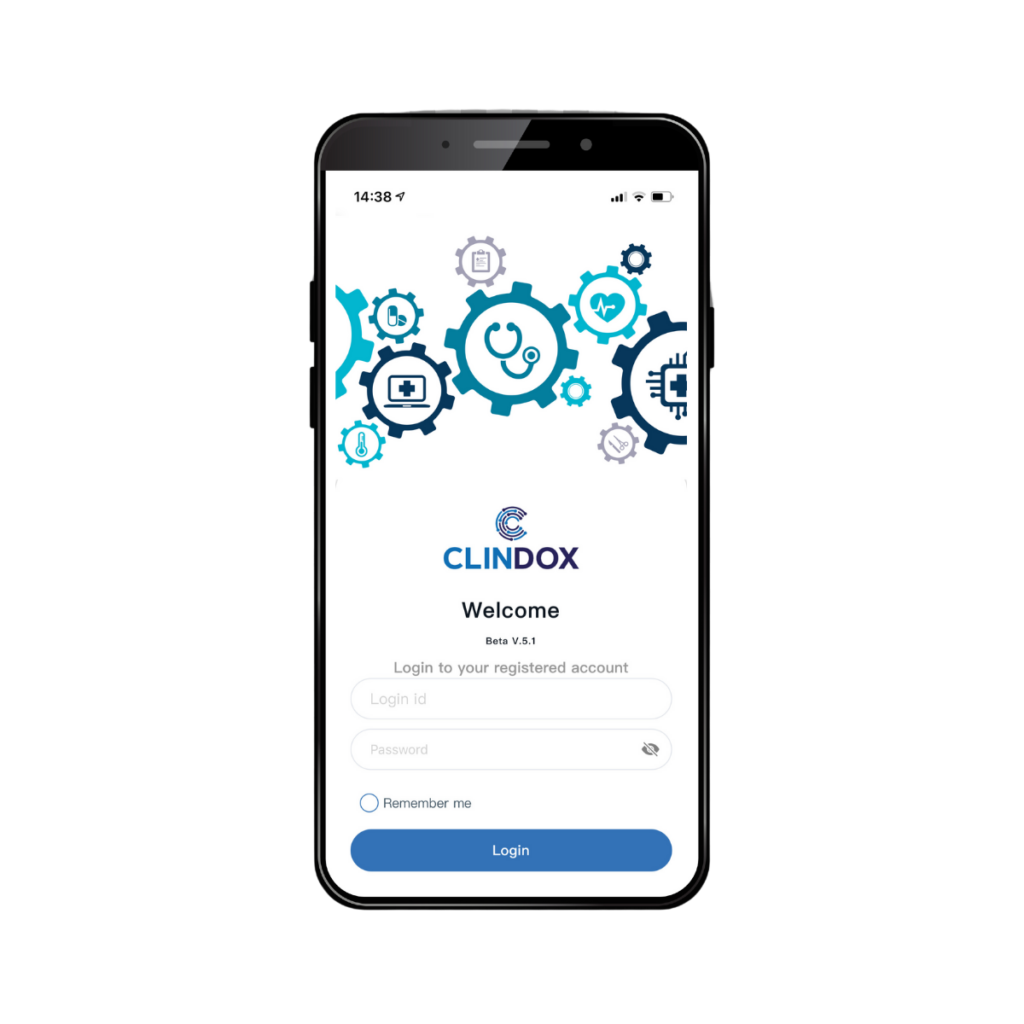The above four factors will go a long way to determining what you will need to build into your study/investigation design to achieve compliance and specifically:
- The number of subjects you will need to recruit to power the study statistically
- Trial or study/investigation duration
- The nature of and origin of data collected
Other critical study design factors to consider include:
- Expected Geographic locations for trial sites
- Expected number of trial or study/investigation sites
- Logistical complexity e.g.
- Product origin and rate of availability
- Availability and geographic location specialist sites
- Availability and location of critical supporting services such as Core Labs for image processing and management
- Partners and vendors expected to support the trial or study/investigation
- The competitive landscape – what types of study have worked for other companies with similar products on the market?
It’s important to understand that all of these factors can impact on study/investigation design – for ALL study types. And influence the choice of technologies to support study conduct and any needs to integrate technologies to streamline study/investigation conduct, lower risk and improve data quality.
If you would like to read more about study/investigation planning for PMCF under MDR, click here






